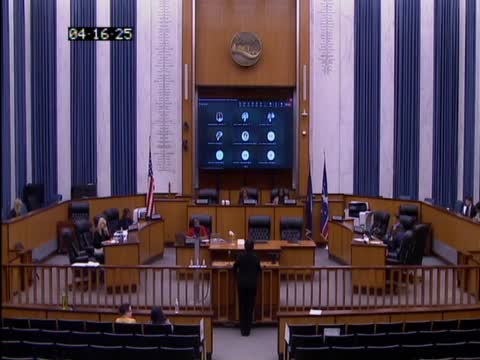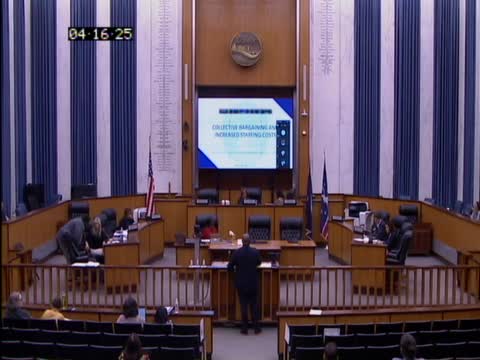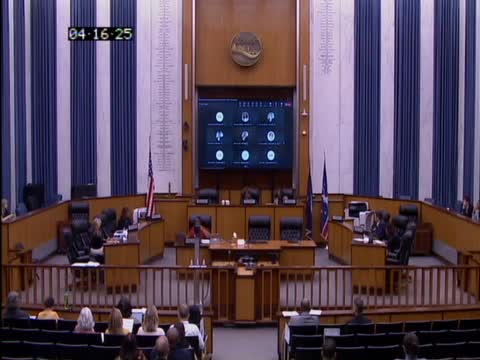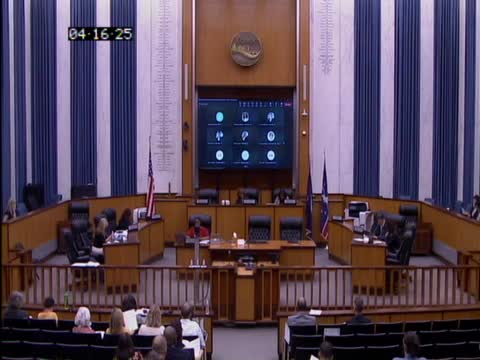Article not found
This article is no longer available. But don't worry—we've gathered other articles that discuss the same topic.

Committee forwards board reappointments and participatory‑budget appointment to council

Human Resources presents collective bargaining cost projections to committee

Committee forwards proposed $1.16 tax rate and discusses assessment-cycle realignment

